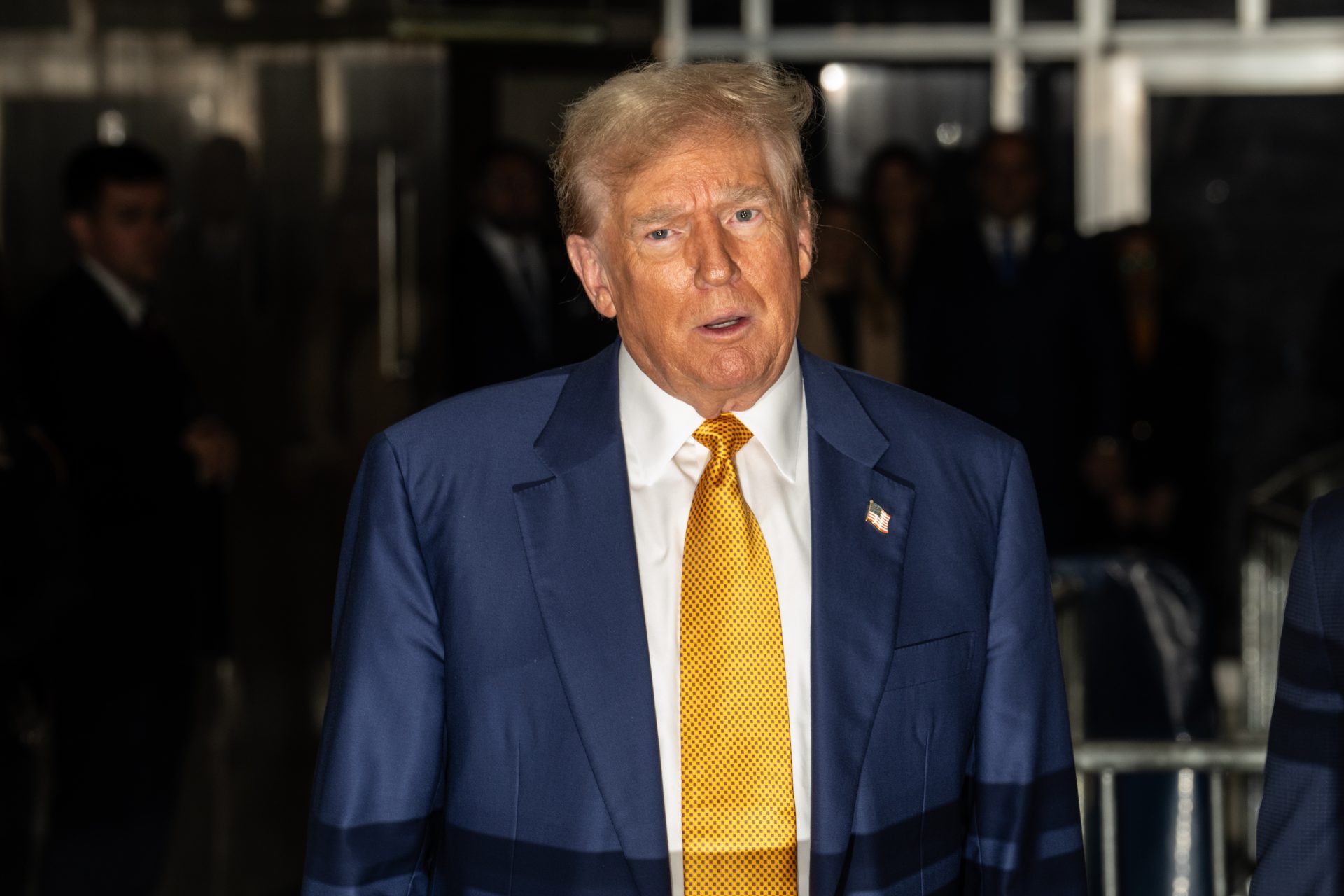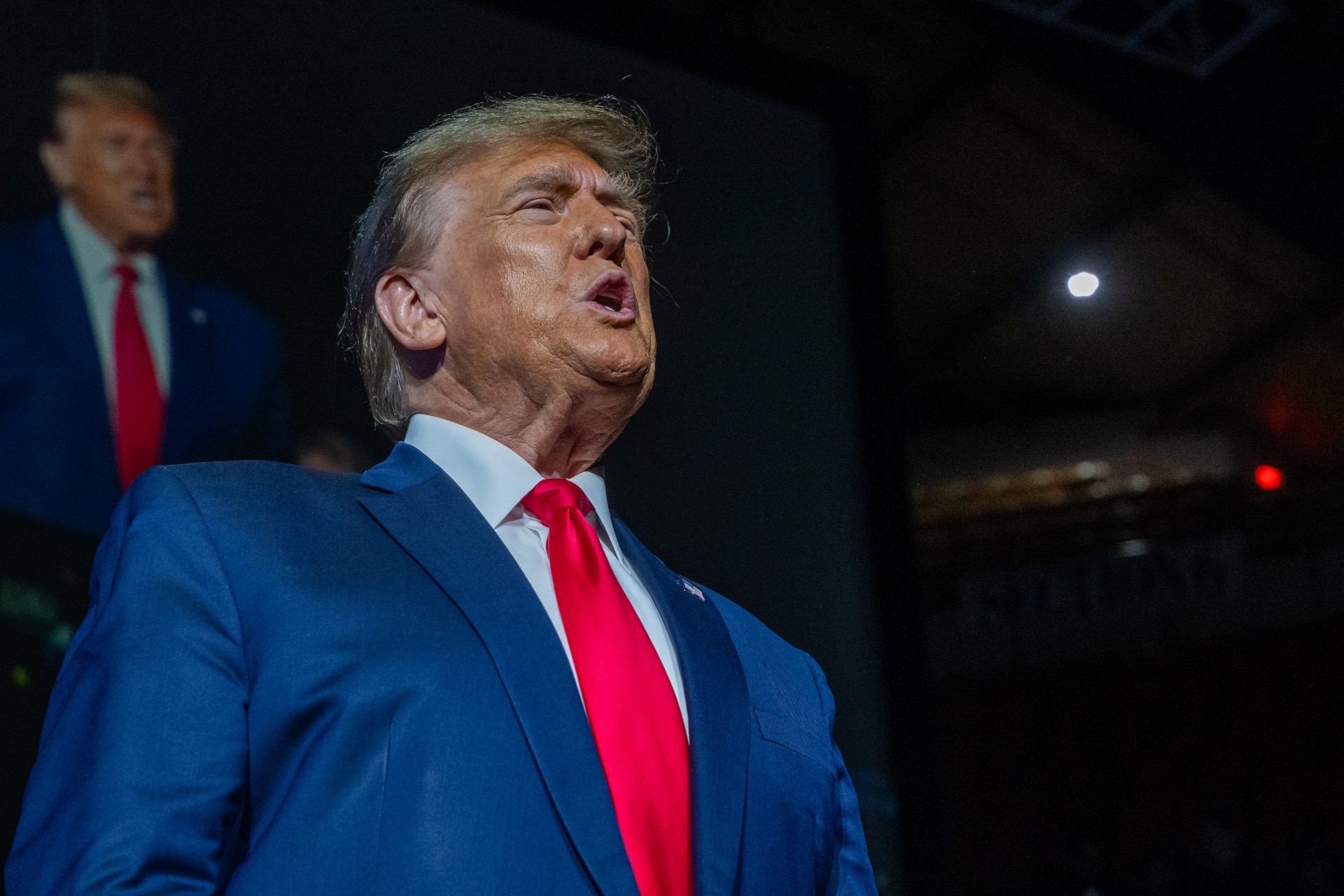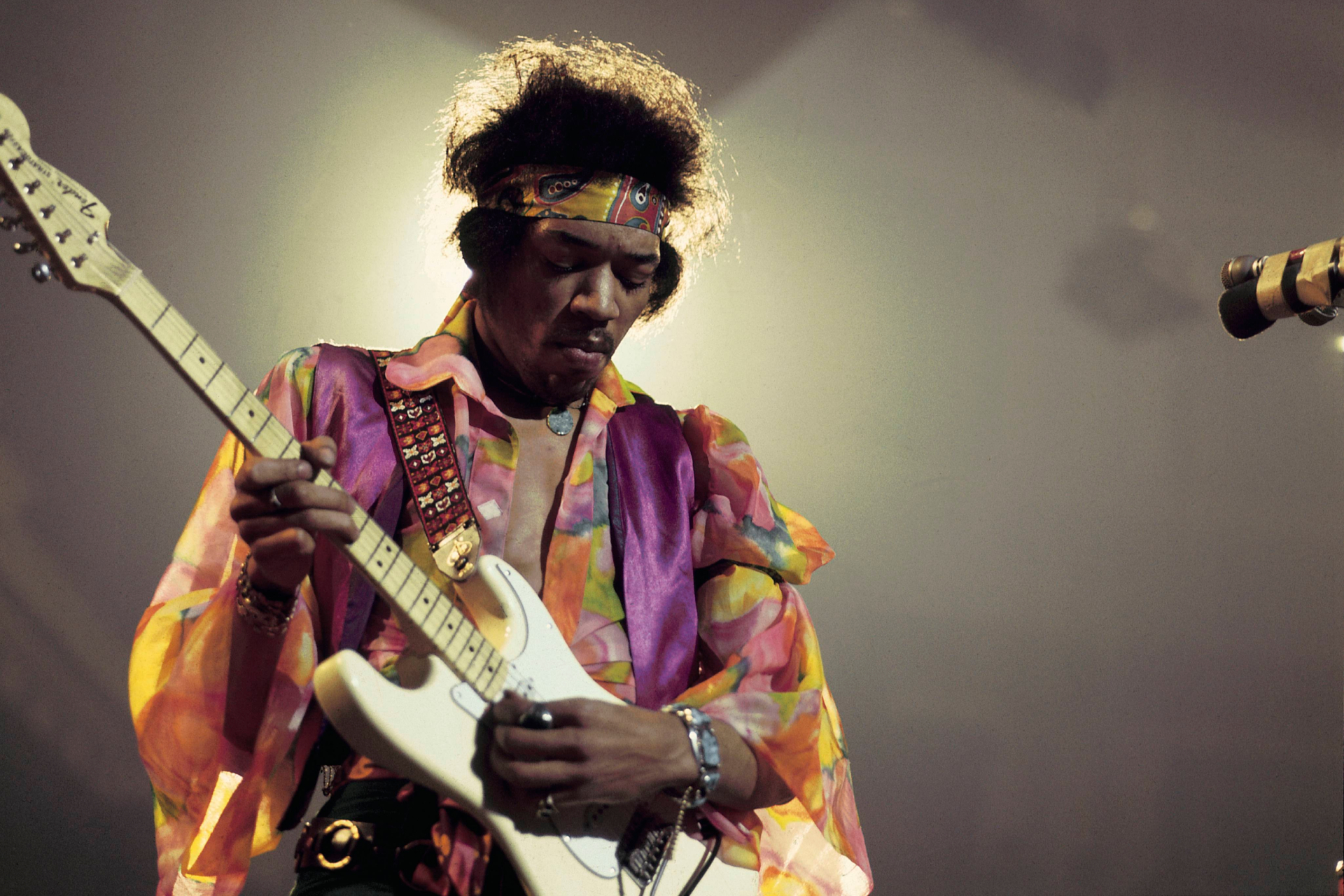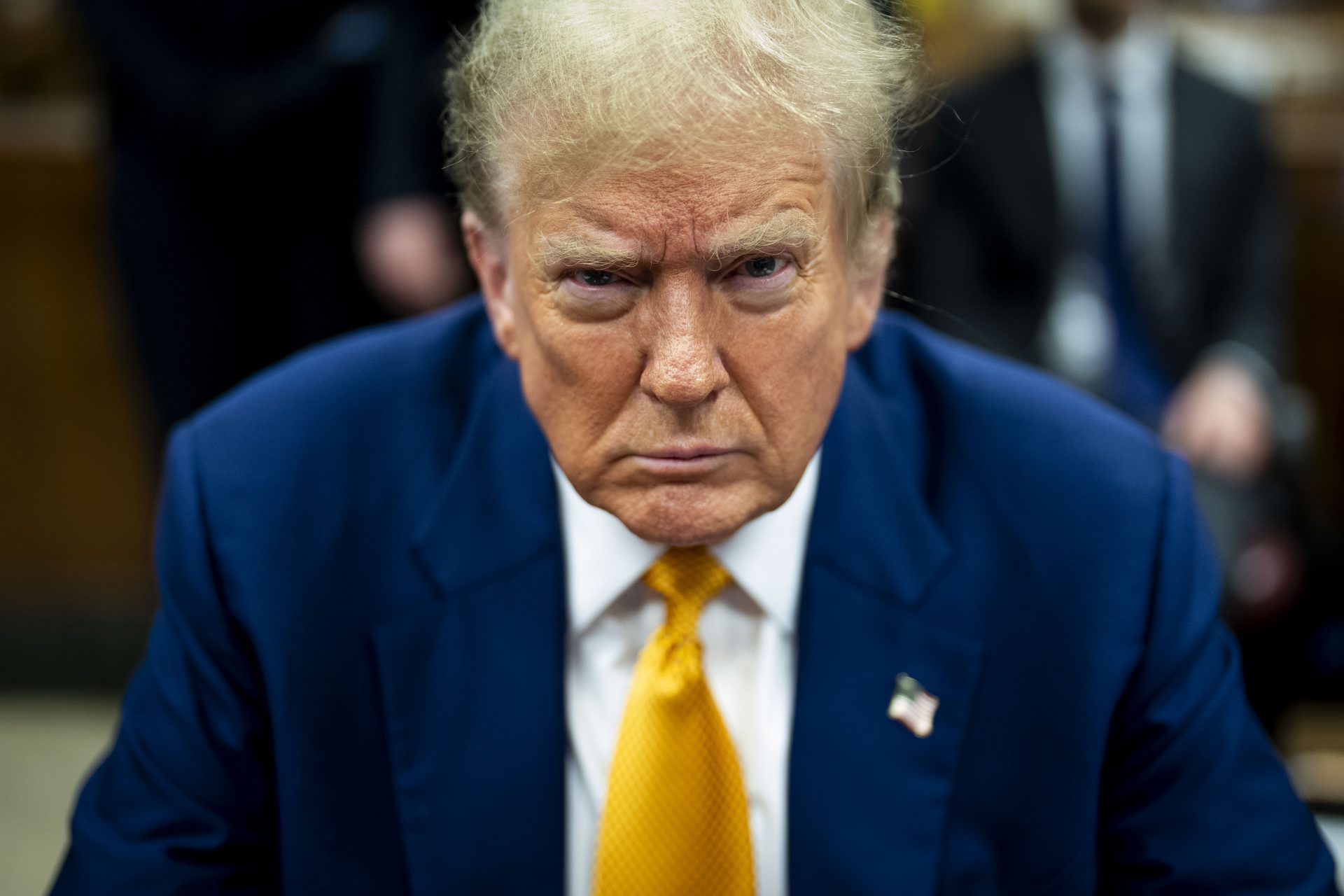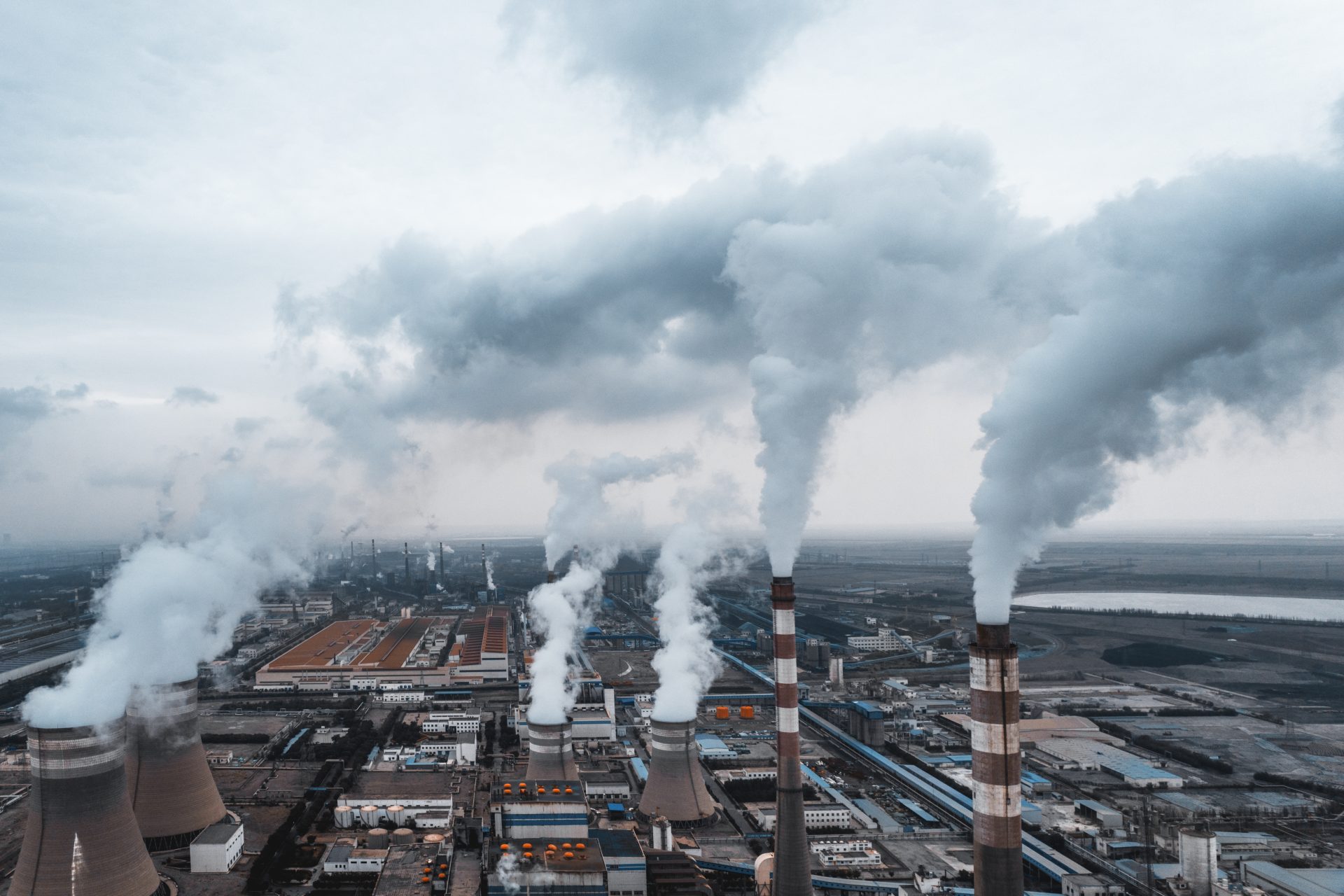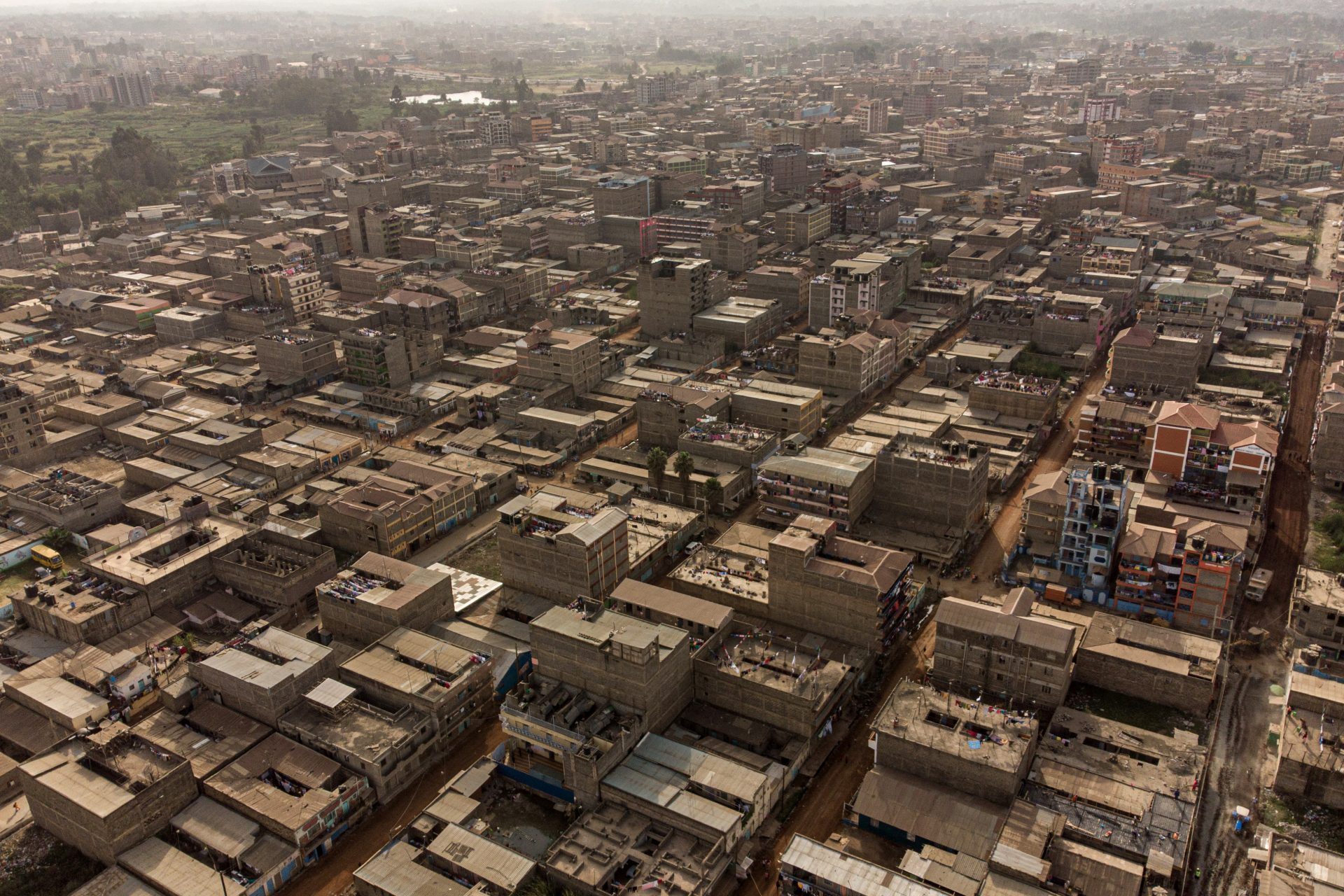Apologizing for the unforgiveable - Indigenous Canadians await the Pope's visit and apology
This summer, Pope Francis will travel to Canada in a much-anticipated visit to meet First Nations survivors of residential schools.
If the Pope's health respects him, he should be in Canada from July 24 until July 30 to visit several Indigenous communities across Canada.
The First Nations people have been awaiting Pope Francis' visit and in-person apology with much for a long time.
The Pope apologized in April on behalf of the Catholic church for the abuses it committed against Indigenous people at residential schools. However, First Nations leaders say it is vital that he also apologize in person on their land as well.
Pope Francis' task in Canada is not an easy one....how does one apologize for so many years of abuse and cultural genocide? The National Indian Residential School Circle of Survivors has released a suggested apology to guide the Pope.
Photo: By BiblioArchives / LibraryArchives - A group of nuns with Aboriginal students, Port Harrison, Quebec, circa 1890 / Groupe de religieuses avec des élèves autochtones, Port Harrison (Québec), vers 1890, CC BY 2.0, https://commons.wikimedia.org/w/index.php?curid=112821128
The National Indian Residential School Circle of Survivors' suggested apology is concise and to the point. It is written on behalf of the Catholic Church as a whole.
Many residential school survivors felt that when Pope Francis apologized at the Vatican in April, he didn't go deep enough with his apology.
"In Rome, Pope Francis indicated that he wanted to walk together with survivors on the journey to reconciliation and that he would expand more on his apology when he came to our territories," says the statement accompanying the proposed apology.
"The National Indian Residential School Circle of Survivors wants to ensure that the Pope's apology is accepted when he comes to Canada."
Nearly two hundred First Nation, Métis, and Inuit delegates journeyed to the Vatican to listen to Pope Francis' apology in April.
The Pope said he felt great "sorrow and shame" about the actions that took place in residential schools in Canada that the Catholic Church ran up until 1997.
"For the deplorable conduct of these members of the Catholic Church, I ask for God's forgiveness, and I want to say to you with all my heart, I am very sorry. And I join my brothers, Canadian bishops, in asking your pardon," Pope Francis said.
Photo: By BiblioArchives / LibraryArchives from Canada - Study period at Roman Catholic Indian Residential School, [Fort] Resolution, Northwest Territories / Période d’étude au Pensionnat indien catholique de [Fort] Resolution (Territoires du Nord-Ouest), CC BY 2.0, https://commons.wikimedia.org/w/index.php?curid=58390251
In the suggested apology, the Indigenous people of Canada trace the church's horrendous actions all the way back to the earliest policies of assimilation, even including the Papal Bulls.
Photo: By Vancouver Public Library Historical Photographs - https://www.flickr.com/photos/99915476@N04/13939895118/, No restrictions, https://commons.wikimedia.org/w/index.php?curid=34727222
That means declarations from the Pope from 1455 to 1493 in which he declared that the non-Christian first inhabitants of North America were inferior to Christians, which meant that their land was free for the taking.
The unearthing of unmarked graves on the land of former residential schools has added much pressure on the Pope to admit the church's role in the atrocities committed.
Indigenous people also demand that more treatment be facilitated for those who survived all kinds of abuse at the church-run schools.
Ken Young, a former AFN regional chief, and spokesperson, told The Toronto Star, "There has to be a statement that says the Catholic Church apologizes for what went wrong. Not just apologizing for a few people who did the wrong, it has to be the institution."
No matter how Pope Francis words his apology, it will be of massive importance to residential school survivors and their families.
They will also be scrutinizing every word, as there is much desire by Indigenous communities for the Pope to take ownership of the crimes that the Catholic Church committed.
Recently, Canadian Prime Minister Justin Trudeau spoke of the importance of Pope Francis' apology to survivors on Canadian soil, saying "a formal in-person apology" would be an essential step "to advance meaningful reconciliation for Indigenous Peoples in our country."
More for you
Top Stories
























